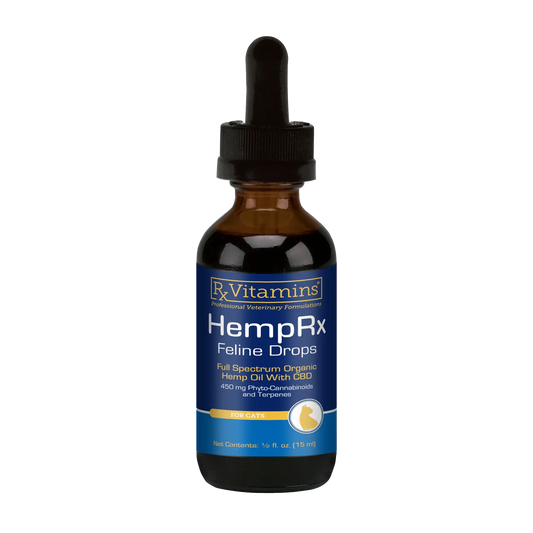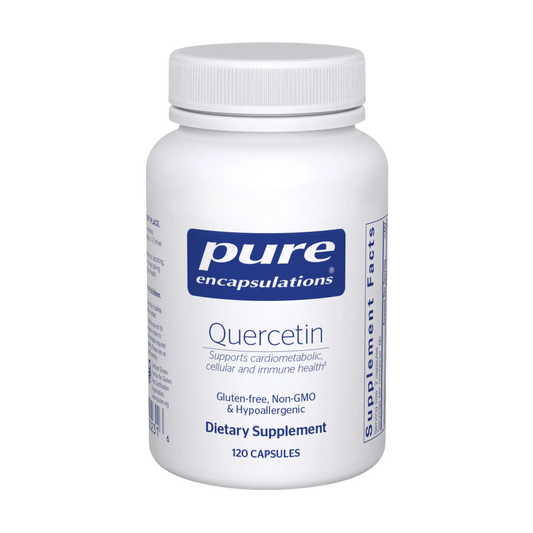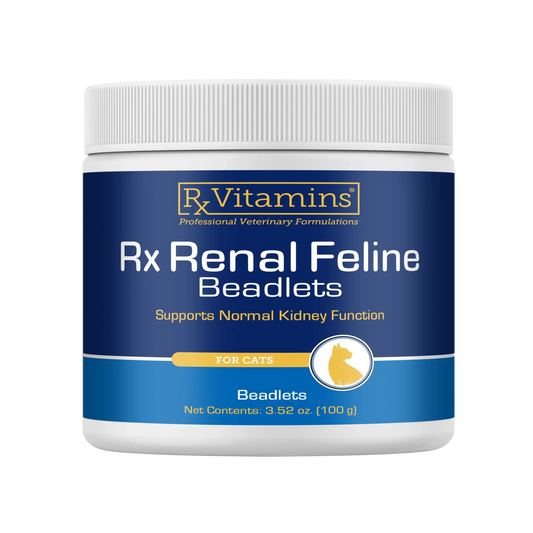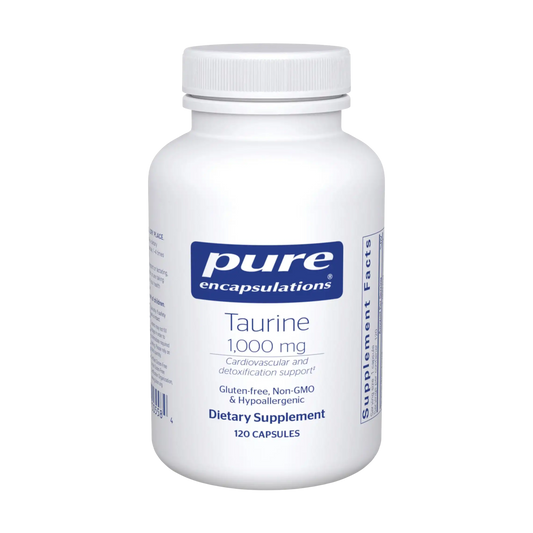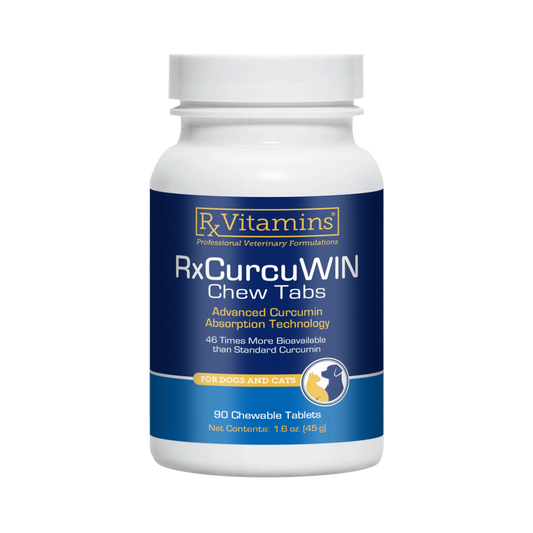Most cat parents are surprised to learn that their cat is overweight. As a society we have normalized a certain plump body condition for kitties. Think Garfield. Unfortunately, when cats are overweight, they are at a higher risk for conditions like diabetes and arthritis. In this article, I am going to teach you how to identify if your cat is overweight and how to fix it.
What is your cat’s number?
Yep! We are assigning your cat’s body a number. It feels superficial, so don’t share it with them. Veterinarians use a numbering system from 1-9 to better grade their patient’s body condition (1 being the thinnest and 9 being obese).
Below you will find the chart that includes a description of each body condition number. New research suggests that “4” is an ideal body condition. However, most cats that are spayed and neutered and kept indoors will never reach this condition. Let’s shoot for the number “5” and if your cat is a “7” or “8”, let’s move them down the number scale in a meaningful way. If you aren’t sure what number your kitty is, check with your veterinarian.

Weighing your cat can also be helpful. This gives you something more tangible to measure. I recommend weighing your cat once every week or two. If you get too obsessed, they might begin to resent daily weighing. You can buy a baby scale or cat scale here.
Diet
If your cat is overweight, this will be the most meaningful and impactful part of kitty's weight loss plan. Kitties should be eating high protein, high moisture and low carbohydrate diets. Kibble is the opposite of this ideal. Even if you are feeding high quality grain free kibble, the amount of carbohydrates is simply too high. Excessive carbohydrates promote obesity and dental disease in cats. Removing kibble from your cat’s diet will almost always result in a significant amount of weight loss. If your cat is a typical carb junkie and refuses to accept this switch willingly, read my nurse’s article on tips and tricks to aid in this transition here.
If you aren’t feeding kibble, what should you be feeding?
I recommend canned and raw diets for my feline patients. You can also home cook for your kitty if you have the time resources. Canned diets will always be the easiest and fastest option. They are also full of moisture and readily available. My two favorite brands are Wellness and I and love and you. You can buy Wellness at Petsmart and I and love and you can be purchased at most grocery store chains.
Raw diets are a great choice for kitties as well. They come in many forms and shapes including raw patties, freeze-dried and dehydrated medallions. There are so many great brands on the market! My patients really like Stella & Chewys, Instinct, and Primal. When feeding canned and raw diets, your cat will prefer to eat 3-4 times daily as opposed to twice daily.
Home cooking can be a great option that requires a good deal of research and time resources. It’s important to create a balanced diet with the proper amount of vitamins and minerals. Cats are obligate carnivores and require muscle and organ meats for proper nutrition. You can find a veterinary nutritionist to help you create a customized recipe for your kitty.
If after switching to a canned, raw or home cooked diet, your kitty does not lose weight, consider having your veterinarian help you with a calorie count and a medical work up.
Exercise
Once you have your kitty’s diet in order, turn your attention to helping them receive regular and adequate exercise.
If your cat is overweight, here are a few ways to increase their daily physical activity:
- Supervised/safe outside time. Cats love being outside and having fresh air! Catios and special extensions on backyard fences help protect your kitty from getting out and predators from entering your space.
- Treat dispensing toys. There are several types of activity centers and treat dispensers that promote play. This treat dispensing ball can be filled with freeze dried treats to keep your kitty active.
- Stick & string toys. Most cats really like these toys. You get bonus points if you play with your cat right before feeding them a meal. This helps complete the prey cycle and relieves stress. Da Bird is my kitty’s favorite!
I would love to hear from you! Does your kitty need to lose weight? Leave a comment or question below!
Sending all my love,
Dr. Angie




